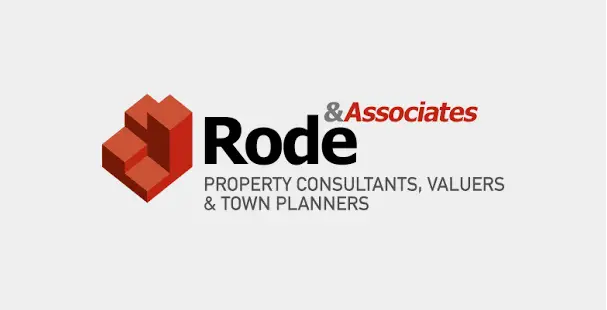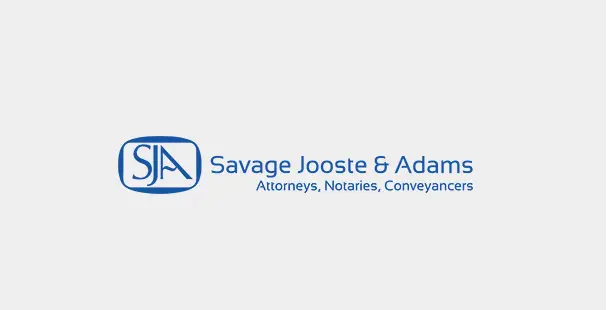Ownership of real and personal property is a fundamental concept in the field of property law. Real property includes land and any structures built on that land, while personal property includes movable objects such as furniture, vehicles, and other possessions. Understanding the legal principles of ownership is crucial for anyone who owns or is interested in owning real or personal property.
Real Property Ownership
Real property is typically owned through a system of deeds and titles. A deed is a legal document that transfers ownership of a piece of real property from one party to another. The deed must be recorded with the appropriate government office, usually the county recorder’s office, to provide public notice of the ownership transfer.
Real property can be owned by individuals, corporations, partnerships, or other entities. Ownership can be held jointly, such as in a joint tenancy or tenancy in common, or it can be held by a single individual or entity.
Ownership of real property also involves a bundle of legal rights, including the right to use the property, the right to exclude others from the property, the right to sell or transfer the property, and the right to profit from the property.
Personal Property Ownership
Personal property ownership is typically established through possession and transfer. If an individual possesses a piece of personal property, such as a car or piece of furniture, they are presumed to be the owner of that property. Ownership can be transferred through a bill of sale or other legal instrument that documents the transfer of ownership from one party to another.
Ownership of personal property can also be subject to restrictions or limitations, such as liens or encumbrances. For example, a car may be subject to a lien if the owner has not paid off a loan used to purchase the vehicle.
Legal Issues in Ownership
Ownership of real and personal property can be subject to a variety of legal issues and disputes. These can include disputes over ownership, such as adverse possession claims, or disputes over the use of the property, such as zoning or land use issues.
In addition, ownership can be impacted by government regulations and restrictions, such as building codes, environmental regulations, or zoning laws. It is important for property owners to be aware of these regulations




















